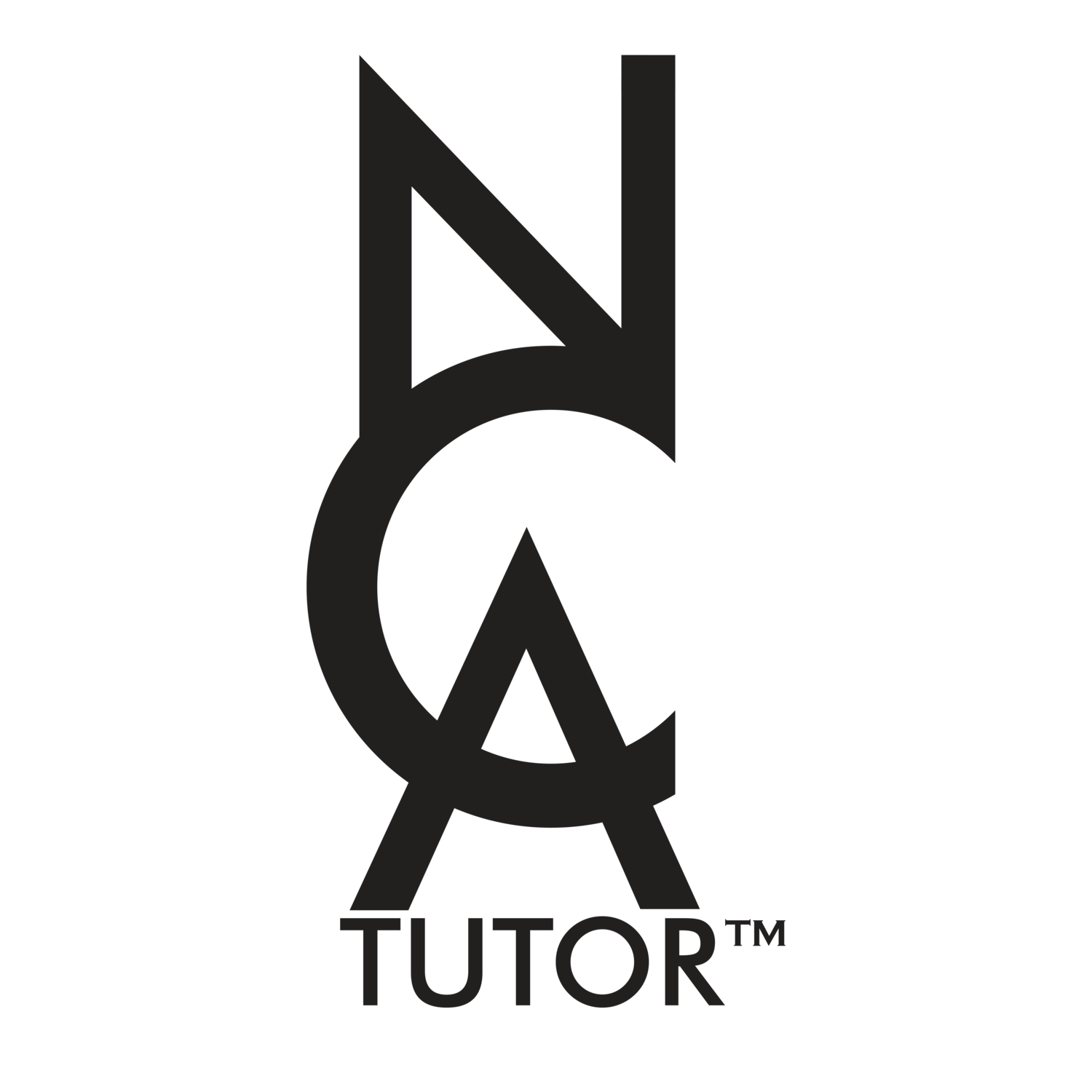Avoiding Information Overload
Information overload can happen very quickly when studying for the NCAs. Many of the courses are quite dense and assign secondary source reading on top of the textbook and cases (see, Foundations and Admin). It can be hard to divide time and attention when self-studying such complex courses and a fear of failing or not knowing enough can sometimes lead to information overload.
I’ve outlined my top-tips for managing your materials and mentality when studying to avoid this phenomenon.
Read Smart
Reading too much is the easiest way to generate information overload. I passed all my exams on the first attempt by following the three simple rules below. In short, you should only be reading the mandatory materials outlined on the syllabus and one bundle of third party notes (if you choose too).
- Stick to the Syllabus: The NCA exams are not out to trick you. If something is not listed on the syllabus then it won’t be on the exam. You can feel confident that reading the required materials and assigned textbook will be sufficient for achieving a passing grade.
The only time I recommend going off-syllabus is if you are having trouble understanding the assigned readings. If a concept isn’t clear to you (e.g. hearsay in evidence law) then certainly do some googling to help yourself understand. But try to limit this additional research as much as possible. You should do enough to get yourself to the point where you can pick-up the textbook again and no more. Do not spend hours reading complex theory on the law that hasn’t been assigned to you.
- Limit or Skip Optional Readings: Some NCA syllabi also outline additional readings. These are really there for your interest only and shouldn’t be the primary focus of your study; they aren’t critical to passing the exam. However, much like independent research, they can be helpful resources if you don’t understand something in the textbook; but otherwise do not spend much or any time on them.
- Choose Third Party Notes Carefully: If the textbook isn’t working for you, or you want some additional study materials, obtaining notes from a credible source, like NCA Tutor™️, is a good option. I strongly advise against collecting multiple sets of notes from too many sources as they may all organize or outline information slightly differently which will be more confusing that helpful. Do your research and figure out who’s notes you want to use; then stick to them (as long as they come from a credible source)!
While notes from fellow students can be very good you do take a bit of a gamble using them. I would highly recommend investing your reading time in credible notes from a professional tutor/company only.
Focus on Conceptual Understanding, Not Knowing Every Little Detail
Since the NCAs are open-book exams, your goal while reading is to understand the law on a conceptual level. There is little to no value in killing yourself with memorising details on your initial reading. Relegate things like statute sections and novel situations to your notes where you can easily find them should you need them in the exam.
This approach is particularly helpful for dealing with long academic articles in courses like Foundations. Rather than spend hours reading these, I focused on the introduction/abstract and the conclusion to gain a cursory understanding of the article’s main point. If I have time later, or think the contents of the article are particularly critical, I read the whole thing.
Organize your Study Schedule & Stick to It
Any time I start a new NCA course, I sit down with the syllabus and set a reading schedule for the required readings. Usually I’ll try to tackle one topic/subheading a day but if it is a particularly long or complex area of law I’ll spread it out over a few days.
It is then essential that I stick to that schedule; if I don’t get through all the readings in time but feel like I’ve conceptually grasped the topic at hand I move on. If I have time after finishing the course, I’ll re-visit the areas I skimmed over. This technique ensures you get through all the materials without feeling overwhelmed or distracted by additional readings. However, if you really don’t understand something, you will need to slow down and adjust your schedule and that’s okay! It happens.

